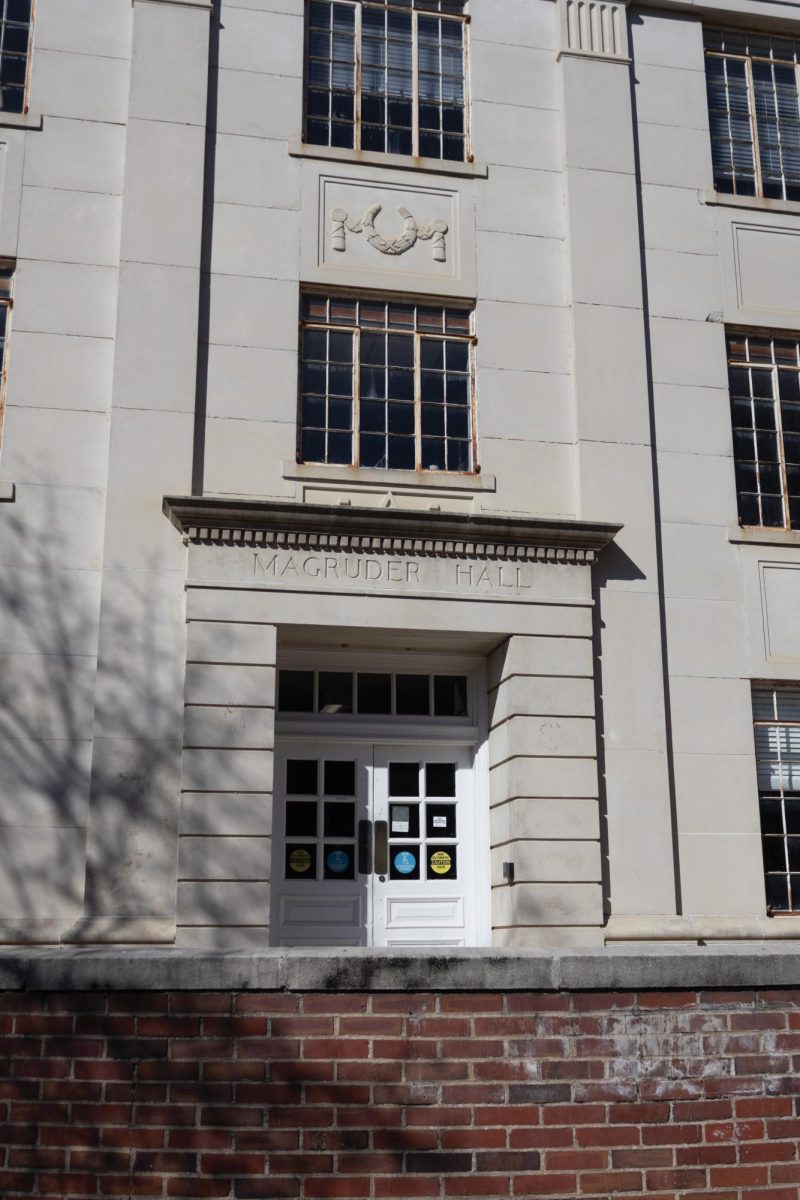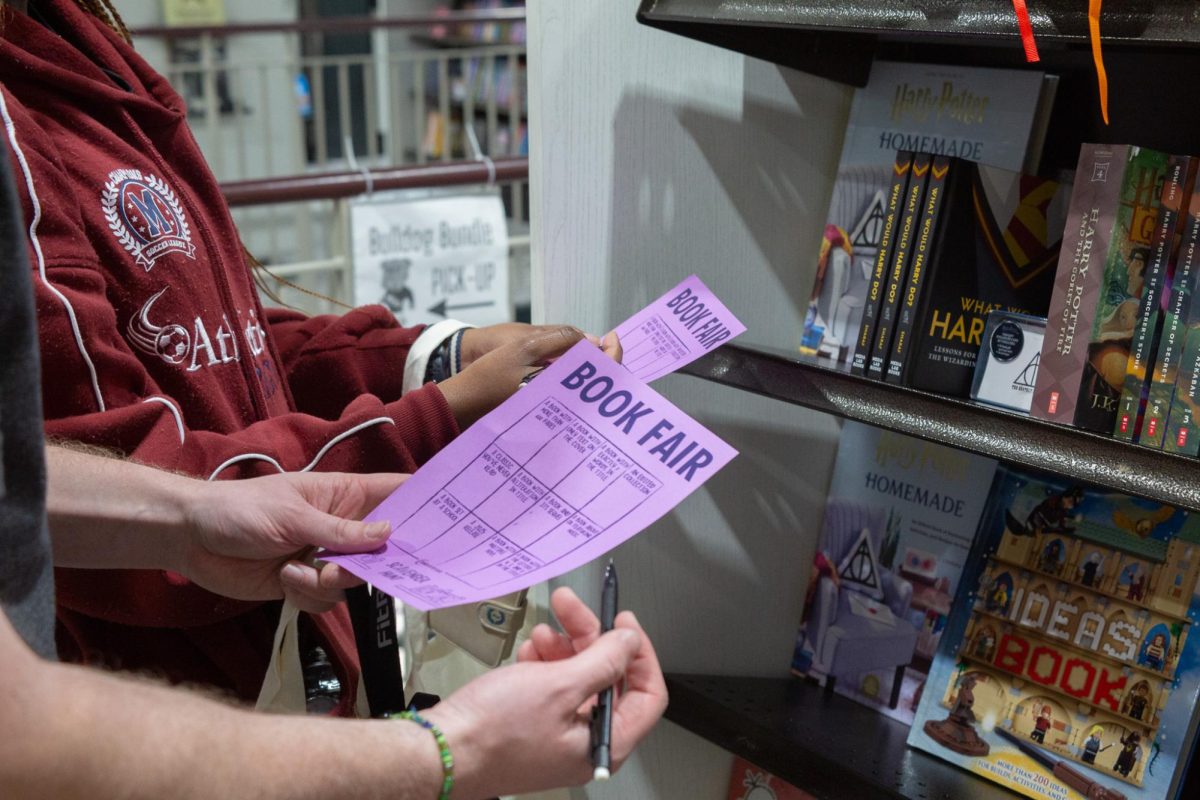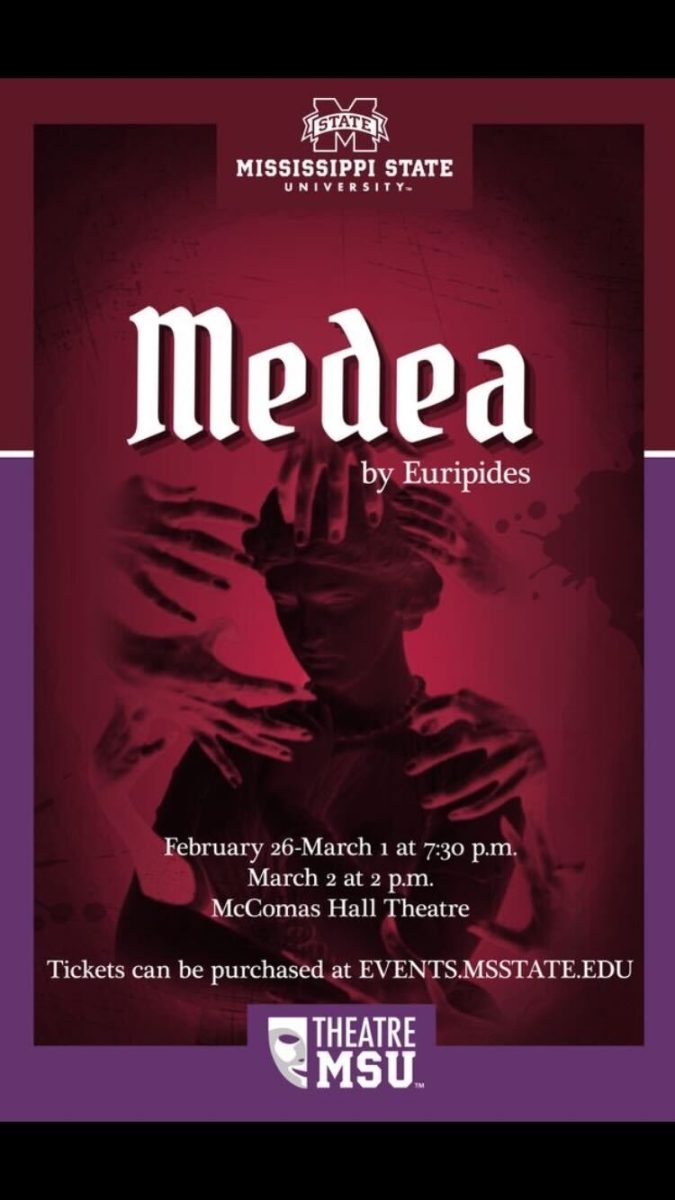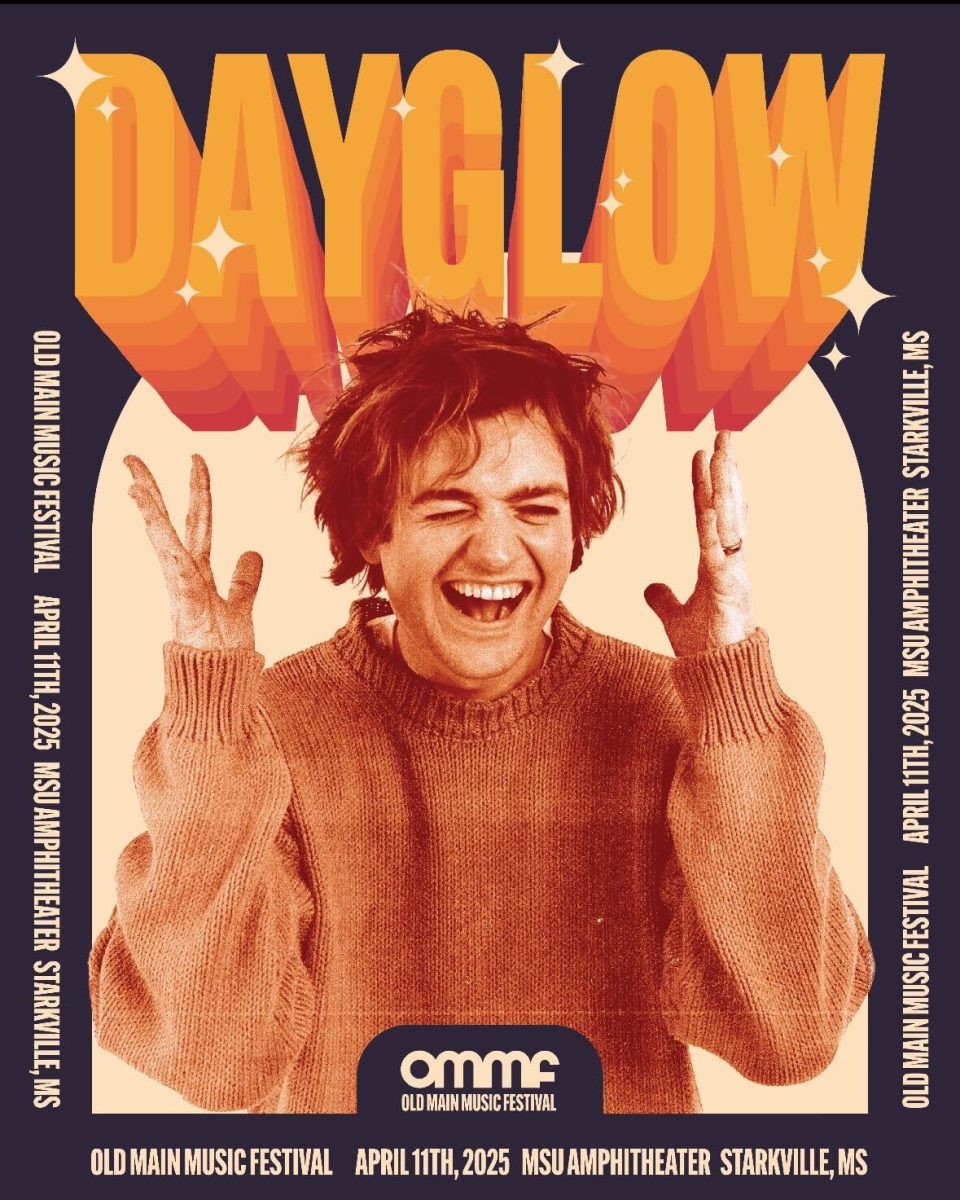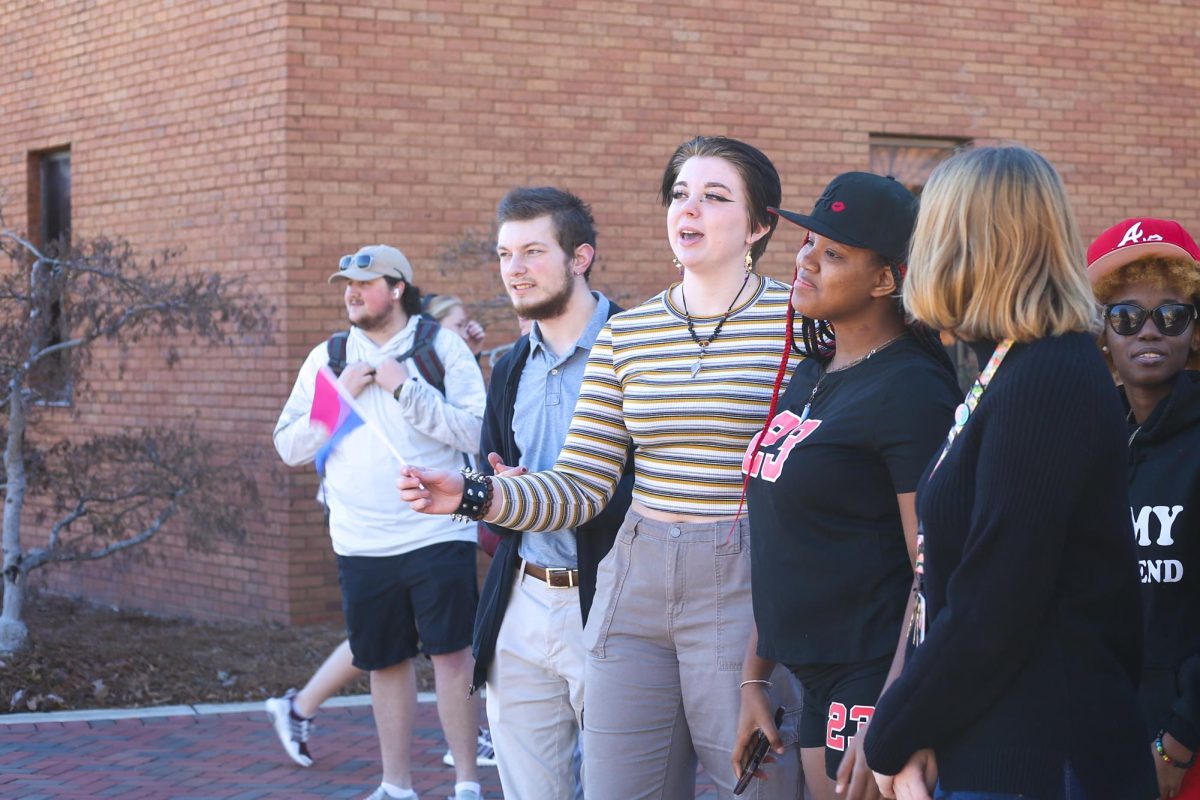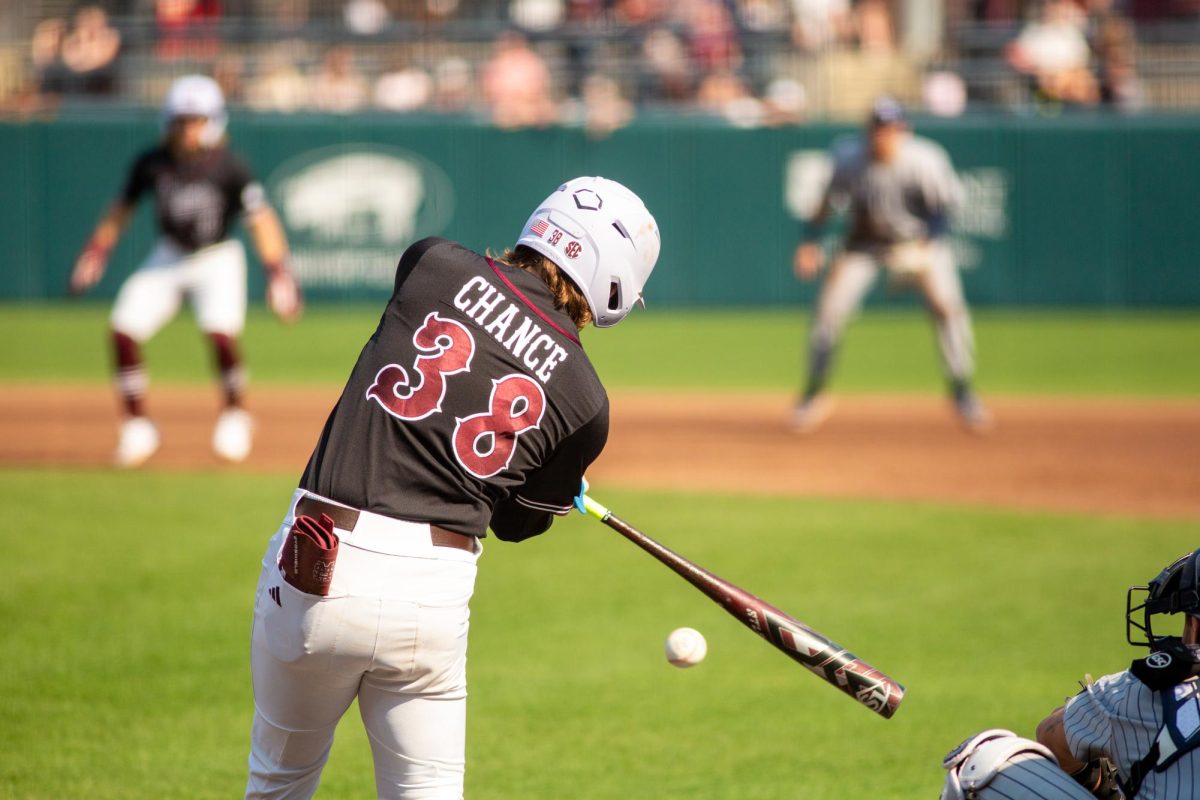“The Streetcar,” Mississippi State University’s student-run literary journal, was founded in 2012 and has been providing a unique creative platform for MSU students ever since. On April 15, they released their seventh journal. Volume Seven is much larger than the previous edition and features a much heavier emphasis on visual artwork in addition to the literary art.
Joy Cariño, co-editor of “The Streetcar,” shed some light on the way the newest journal is organized.
“It is divided into sections by theme rather than type or art, which is very interesting, and the sections are all separated by quotes,” Cariño said.
According to Cariño, this format was both challenging and exciting from an editorial perspective.
“With the freedom to place written pieces next to visual pieces, it was also exciting and challenging to have to think about how a visual work might influence the written work directly placed after it,” Cariño said.
This unique organizational approach was very helpful when I read the journal. It made reading through the journal cover to cover much smoother. It also makes the pieces seem much more synchronized as part of one larger literary work rather than completely different works all crammed the cover page.
There is so much beautiful poetry in this volume about a wide variety of subjects. “Respectability Politics” by Joseph Neyland is a poem in response to Stephen Clark’s death last March. Neyland writes it from the perspective of a young child. He brilliantly equates living in the world to a situation where your mother asks you to do the dishes, but really expects you to clean the entire kitchen.
Another poem that stands out is “Reform” by Reagan Poston. Poston’s work placed second in the 2019 Southern Literature Festival’s Poetry Division, and it is easy to see why. In this piece about reform, Poston describes her grandmother’s attitude towards the town and goes on to express her own attitude.
Pieces like “My Mother” by Maeve Rigney and “Sleeping Bunny” by Lydia Neuhoff are striking in their honest depictions of relatives.
“Black Girls Don’t Cry” and “Vicious Cycle” by Jerneisia McGee, along with “The Love of My Father” by Ty’Bresha Glass, are magnificently haunting. The tragedies they describe are conveyed so pristinely and felt so strongly. In these pieces, empathizing with the speaker is something the reader can do subconsciously— without thought or effort.
There are also several outstanding pieces of short prose in Volume Seven. Lindsay Pace’s “Verena” is a standout piece about the tearing down of the Berlin Wall. In Pace’s piece, the main character experiences something wonderful, yet this beautiful moment is slightly dimmed by the realization that her mother is not present to witness the event alongside her. The characters are complex, yet easily conceivable to the reader.
The photographs and designs in Volume Seven go beyond their paired connection to the literary works. Photographs like “Other Minds” by Megan Brino, “State of Mind” by Mary Ranie Miller, “Reality” by Bhakti Patel, and “All of Our Heroes Fading” by Amelia Dalton communicate a clear, thought-provoking message on their own. As do designs such as “Hard Times” by Amelia Dalton, “The Luckiest Girl” by Jewel Jolly and “Silenced” by Lexus Giles. There is an overwhelming amount of talent bound together within these 134 pages.
I enjoyed Volume Seven of “The Streetcar,” and highly recommend all students pick up a copy. Even if the term “literary arts” is not of particular interest, there is something to be appreciated by all.
“The Streetcar” is a stunning representation of the artistic students at MSU, and their talents deserve to be recognized.
Ciarra Smith, editor-in-chief of “The Streetcar” elaborated on the importance of the journal to MSU’s campus specifically.
“There’s a lot more to our campus than just STEM education. While we are very proud of the University’s representation as a STEM powerhouse, ‘The Streetcar’ highlights and emphasis that our student body is multifaceted and highly diverse,” Smith said.
According to Cariño, the journal is for all students.
“I believe ‘The Streetcar’ is for all creators, all thinkers, all students at MSU as an opportunity to grow as a creator, to step into another student’s perspective, and to simply enjoy,” said Cariño.
Free copies of “The Streetcar” can be found in the honors department office in Griffis Hall or in the English Department of Lee Hall.
Electronic versions of past volumes can be found on the journal’s website, at thestreetcarmsu.com.




